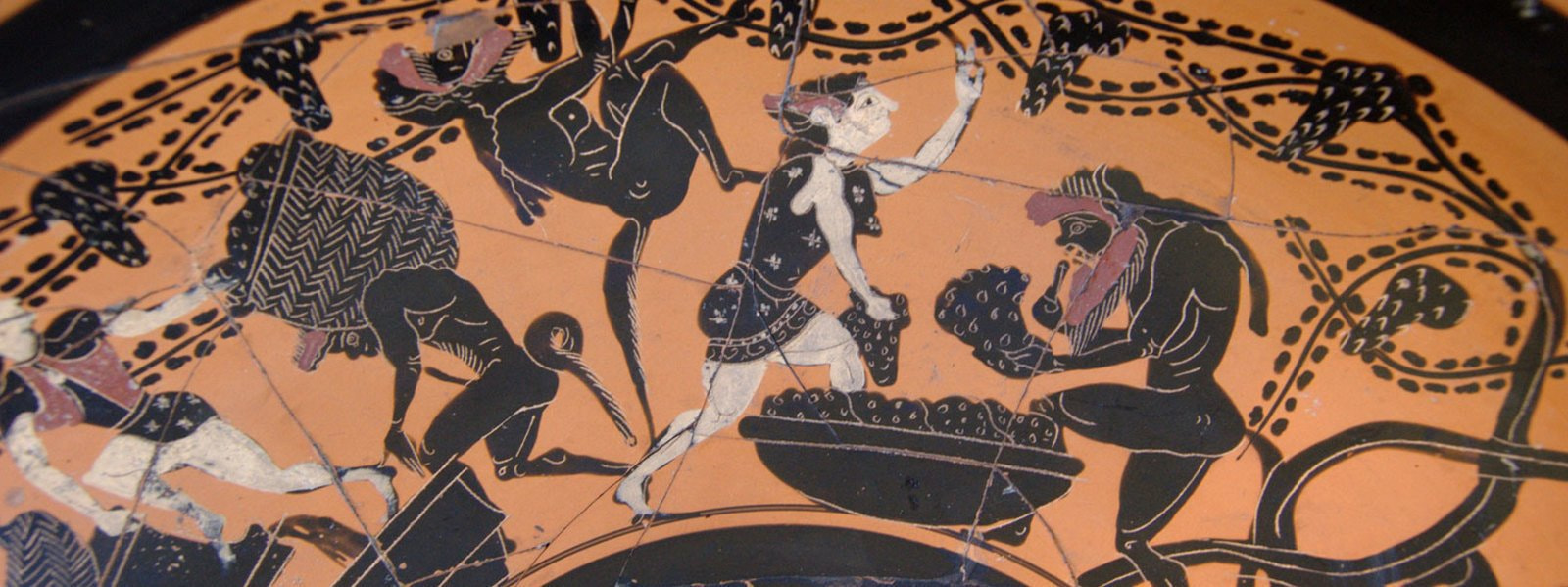In his last lecture in March, Andrey Velikanov explains the concepts of khôra and hubris.
In Ancient Greece, khôra was the territory surrounding the city that was used for agricultural needs. Plato, however, used the term to explain why perceptible things are different from ideas as well as between themselves. In his work Timaeus, khôra is the space between the world of forms and the perceptible world we experience. Khôra is associated with chance and contingency. If form is the father and copy is the child, khôra is the mother, passive receptacle for ideas, which creates distorted copies. In postmodernist theories, the concept of khôra became a metaphor for language talking to itself. Khôra is productive without the author and can create meaning without the subject.
‘What is that which is eternally and has no becoming, and again what is that which comes to be but is never? The one is comprehensible by thought with the aid of reason, ever changeless; the other opinable by opinion with the aid of reasonless sensation, becoming and perishing, never truly existent. Now all that comes to be must be brought into being by some cause: for it is impossible for anything without a cause to attain to birth. Of whatsoever thing then the Artificer, looking ever to the changeless and using that as his model, works out the design and function, all that is so accomplished must needs be fair: but if he look to that which has come to be, using the created as his model, the work is not fair.’ (Plato. Timaeus.)
